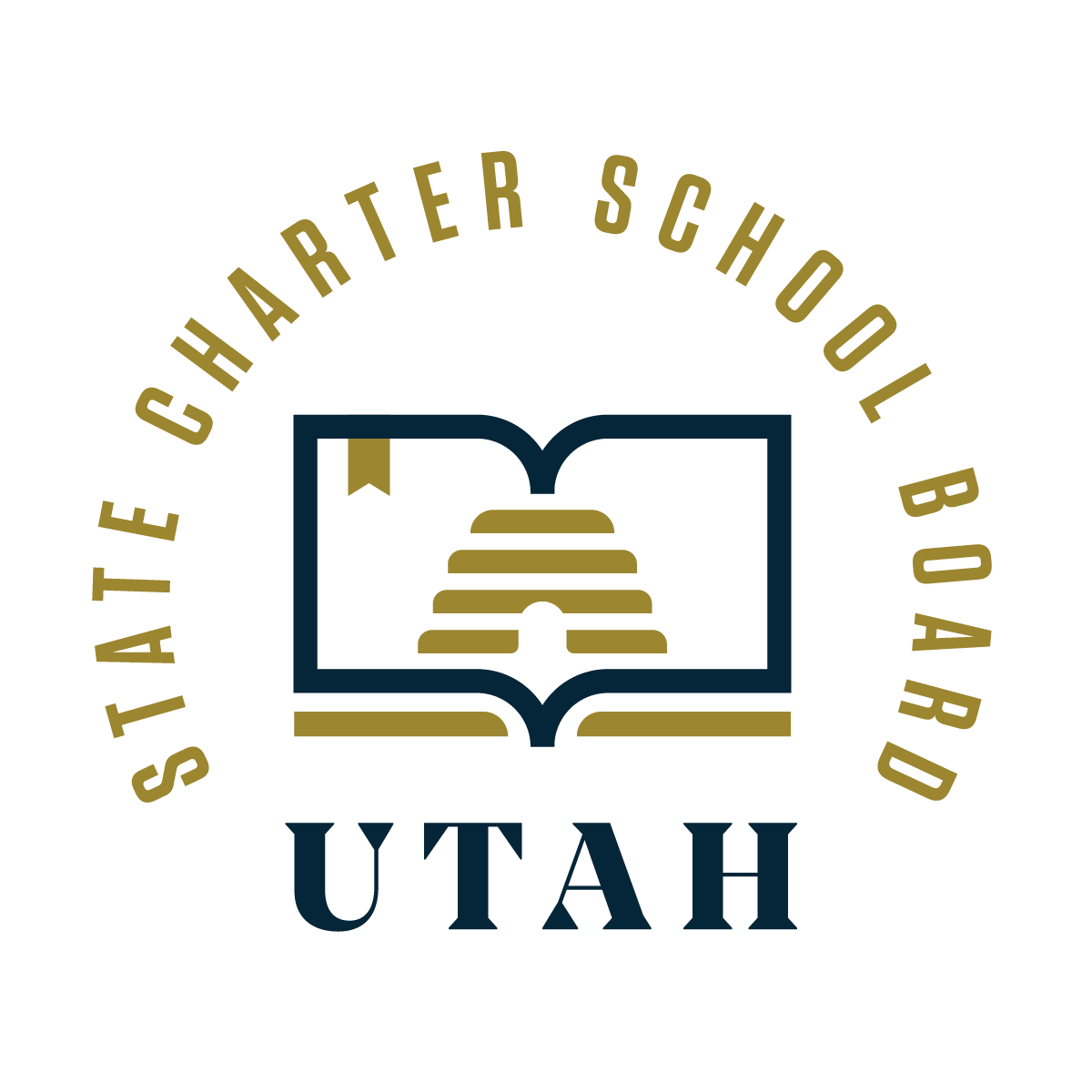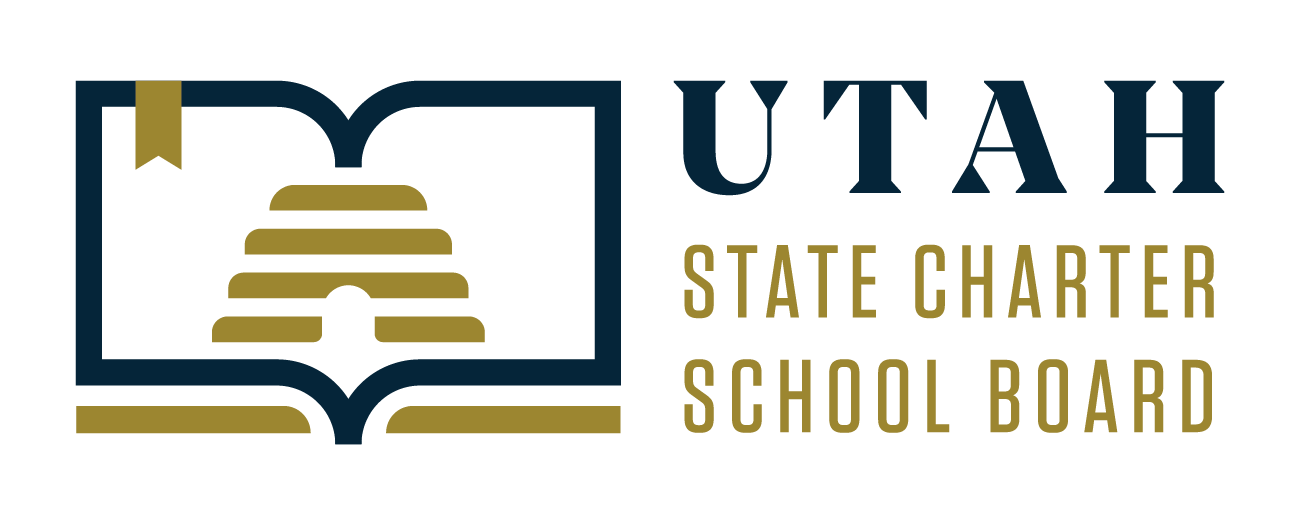SCSB RULE MAKING PROCESS
Click on a public notice to review. You may also leave a public comment for SCSB staff to review. Comments can only be submitted when the public notice has not been adopted or closed.
SCSB PUBLIC NOTICES
| ID | Status | Notice | Created Date | Adopted | Close Date |
|---|
REVIEW THE PUBLIC NOTICE
Public Notice ID:
CREATED DATE:
Status:
Public Notice For:
No documents have been saved.
Proposal:
Purpose:
Statutory or Other Obligations:
Financial Impact:
To Be Considered By The SCSB On This SCSB Board Meeting:
Procedure for Comments to be Considered both in Writing and In-Person:
After reviewing this proposal, do you have any views on the matter that you would like to let the SCSB to know. If so, please email Paul Kremer or Marie Steffensen. If you prefer, you can use the Public Comment below or schedule a meeting with us.
Analysis Showing How the Existing Process (If Applicable) Will Change:
Collection/Summary of Written Comments:
Any Additional Material or Analysis (If Applicable):
Does this proposal have a measurable negative effect? If yes, can there be a less stringent process or a way to mitigate the impact?
YES
NO
ADOPTIVE AND EFFECTIVE DATE:
CLOSED DATE:
CLOSED REASON:
SUBMIT A PUBLIC COMMENT
After reviewing the public notice, if you have any views on the matter that you would like the SCSB to know please submit a public comment.
Full Name:
Phone:
Email:
What is Your Organizational Affiliation or Are You Representing Yourself:
Comment:
Effective 5/3/2023
53G-5-308. Adoption of standards, guidelines, or policies.
(1) As used in this section:
(a) "Applicable charter school authorizer" means a charter school authorizer that is the authorizer of more than 10 charter schools at the same time.
(b) "Standard, guideline, or policy" means a requirement or measurement of performance imposed by an applicable charter school authorizer on two or more charter schools authorized by the applicable charter school authorizer.
(2) (a) An applicable charter school authorizer shall adopt a procedure for the imposition of a standard, guideline, or policy that is substantially similar to the rulemaking procedure under Title 63G, Chapter 3, Utah Administrative Rulemaking Act, including procedures for notice and receipt of public comment.
(b) An applicable charter school authorizer may not impose a standard, guideline, or policy unless the applicable charter school authorizer follows the procedure adopted under Subsection (2)(a).
(3) A standard, guideline, or policy imposed on or after July 1, 2023, by an applicable charter school authorizer is not valid if the applicable charter school authorizer does not follow the procedures adopted under Subsection (2)(a) in imposing the standard, guideline, or policy.

Utah State Charter School Board
Procedures
It is the intent of the State Charter School Board (SCSB) to establish flexible processes to meet the duties and obligations that have been placed on it as an authorizer pursuant to §53G-5-101 et seq. and to address such other matters that are deemed necessary to promote the purpose of the charter schools that it has authorized. In establishing such processes, the SCSB intends to follow the following procedures in all cases except those requiring an urgent or emergency response:
1. The SCSB or the SCSB staff or any charter school may propose to the SCSB a process to deal with any matter that comes under the jurisdiction of the SCSB as is found in §53G-5-101 et seq, any other authorizing statute, or under a Charter Agreement.
a. Before the SCSB acts to consider any proposed process, the SCSB will publish on its website the proposal, any proposed language concerning the proposal, and any analysis or justification for the proposal.
b. SCSB staff may produce an analysis of the proposed process for proposals offered by the SCSB or staff (charter schools will be invited to prepare an analysis of those that it proposes) which will include, but not be limited to:
i. a summary of the proposal;
ii. the purpose of the proposed process;
iii. the statutory or contractual reference to the duty or obligation that it is associated to;
iv. financial impact the process may have on those affected;
v. how interested parties, including affected charter school, can review the proposal and how they may present their views on the matter to the SCSB;
vi. when the matter will be considered by the SCSB;
vii. the procedure whereby comments can be received, both in writing and in person;
c. The analysis outlined above shall be published along with the proposal on the SCSB website.
d. Before the SCSB will consider any proposed process it will collect written comments and publish the comments on its website in the same place as the proposal.
e. If a proposal seeks to modify any existing process, an analysis will be made showing how the existing process will be changed or otherwise effected by the proposal.
f. Any additional material or analysis concerning any proposal may be made by any interested or effected person or entity by making a written request addressed to the SCSB. Those materials will be published on the SCSB website where appropriate.
g. If the SCSB reasonably expects that a proposed process will have a measurable negative effect on any charter school it will seek to reduce the impact by:
i. trying to establish a less stringent process;
ii. try to mitigate the impact by establishing a more favorable timetable or, if applicable, deadlines;
2. The SCSB shall establish an appropriate public comment period before considering the proposal, which may be as long as the SCSB deems advisable but in no account shall be less than thirty (30) days, unless exigent circumstances require a different public comment period.
a. As to the comments a summary of the comments will be considered in any action taken on the proposal;
b. Such summary shall be made available to the public in any meeting in which the matter is considered by the SCSB.
3. No process shall be put in place except the matter be acted on by the SCSB in its regularly scheduled meeting and only after the matter has been thoroughly discussed and reviewed by the SCSB. All such proposals shall be confirmed by the SCSB by majority vote.
4. Any amendments or changes to any process shall be made only by reference to this process, or as may be governed by statute or any other writing, including the Charter Agreement.
Loading...
